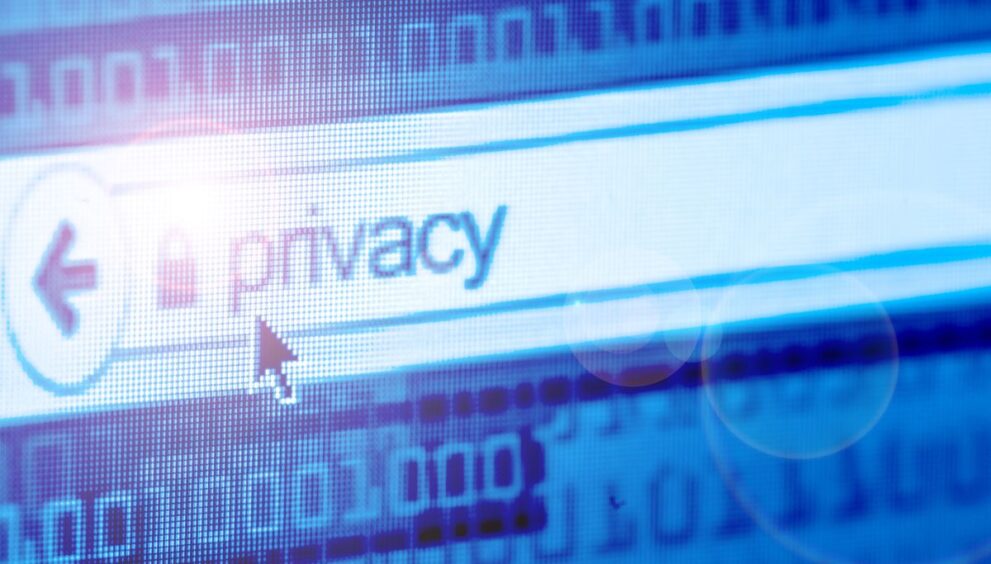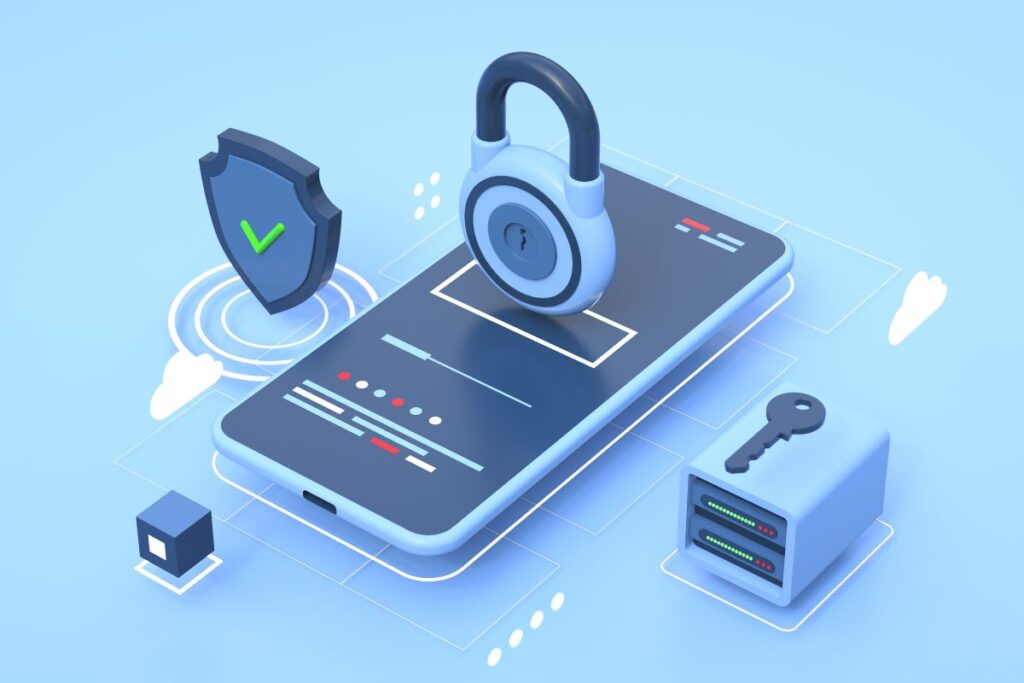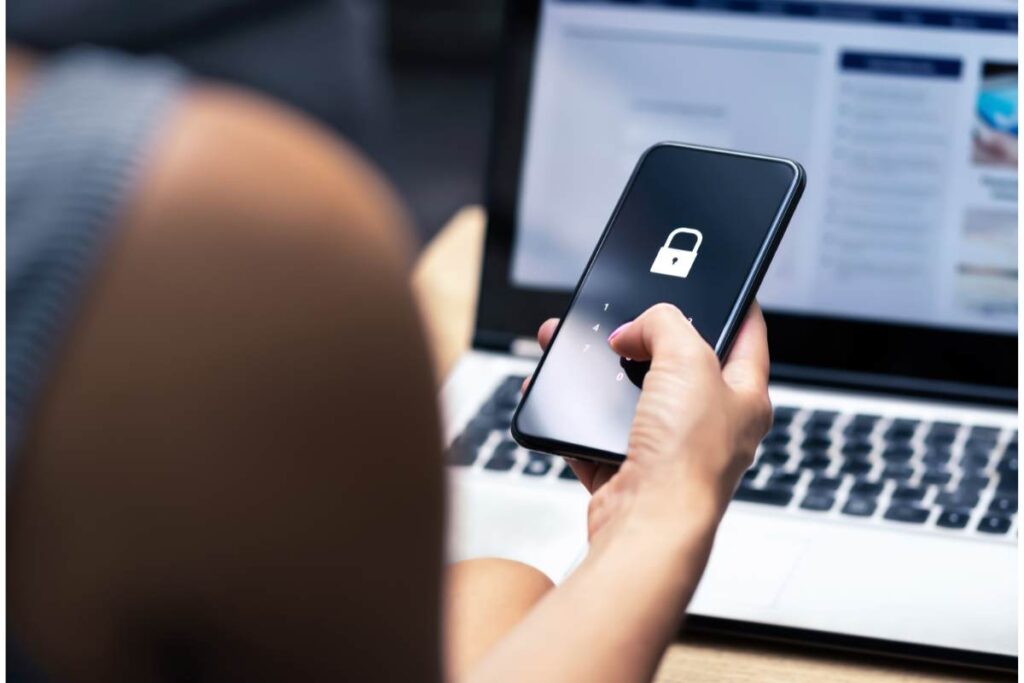Facts You Need to Know About Online Privacy Caution

Online privacy has become a top priority for individuals and businesses in the digital age. Protecting our data is more critical than ever as we increasingly rely on the internet for communication, information sharing, and business. This essay examines crucial information you should be aware of regarding internet privacy precautions, shedding light on the dangers, adverse effects, and preventative measures you can take.
Section 1: The Threat Landscape
1.1 Data Breaches
Data breaches are one of the biggest threats to internet privacy. These occur when hackers gain unauthorized access to databases or systems containing private information. High-profile hacks, like the Equifax incident in 2017, exposed millions of people’s financial and personal information, underscoring the severity of the issue.
1.2 Phishing Attacks
The goal of phishing assaults is to deceive people into disclosing their personal information, such as login passwords, credit card information, or Social Security numbers. It is crucial to exercise caution when clicking on links or exchanging information online because these attacks frequently occur through deceptive emails or websites that appear trustworthy.
1.3 Tracking and Profiling
Many websites and online services gather information about users’ interests, browsing patterns, and activities. This information is subsequently used to develop comprehensive user profiles for targeted advertising and marketing. While it is meant to enhance user experience, it can infringe on your privacy and create a feeling of constant surveillance.
1.4 Social Engineering
Social engineering attacks use psychological tricks to manipulate people into disclosing private information. Attackers may pose as trusted sources or use psychological tactics to obtain personal data. Awareness of these tactics and maintaining skepticism is essential to avoid falling for such schemes.
Section 2: Consequences of Neglecting Online Privacy
2.1 Identity Theft
Identity theft can occur when your personal information falls into the wrong hands. Fraudsters may open accounts, make purchases, or engage in fraudulent activities in your name, causing financial and emotional distress.
2.2 Reputation Damage
Online privacy violations can harm your reputation both personally and professionally. Leaks of embarrassing or incriminating material can haunt you for years, damaging your relationships, career, and self-esteem.
2.3 Financial Loss
When your internet privacy is violated, serious financial repercussions may result. Online fraud, credit card theft, and unauthorized access to bank accounts can lead to significant financial losses.
2.4 Psychological Impact
Constant anxiety over privacy invasions can make one feel stressed, anxious, and vulnerable. Your online presence should empower you, not cause concern.

Section 3: Protecting Your Information Online
3.1 Use Strong, Unique Passwords
Start by creating strong, unique passwords for each of your online accounts. Consider using a password manager to generate and securely store complex passwords.
3.2 Enable Two-Factor Authentication (2FA)
Wherever possible, enable two-factor authentication (2FA) for your online accounts. It adds an extra layer of security by requiring a second form of verification, such as a code sent to your mobile device.
3.3 Regularly Update Devices and Software
Keep your devices and software updated with the latest security patches and updates. Cybersecurity vulnerabilities are often exploited through outdated systems.
3.4 Be Cautious with Personal Information
Think twice before sharing personal information online. Be cautious about who you share your social media content with and what you post. Use privacy settings to control who can see your posts.
3.5 Educate Yourself About Scams
Stay informed about common online scams and phishing tactics. Education is your best defense against falling victim to these attacks.
3.6 Use VPNs and Encrypted Communication
Consider using a Virtual Private Network (VPN) to protect the privacy of your internet connection. Additionally, use encrypted communication tools for sensitive conversations and data sharing.
3.7 Regularly Monitor Your Online Presence
Periodically review your online presence to check for any unauthorized or incorrect information. Google yourself to see what information is readily available.
Conclusion
Online privacy is not a luxury but a necessity in today’s globally connected digital age. Real threats exist to our personal information, and disregarding our online privacy can have dire repercussions. By staying informed, taking preventive action, and exercising prudence, you can better protect yourself from the constant threats of the internet. Remember that safeguarding your digital life is crucial for your security and peace of mind, as it extends your real life.






